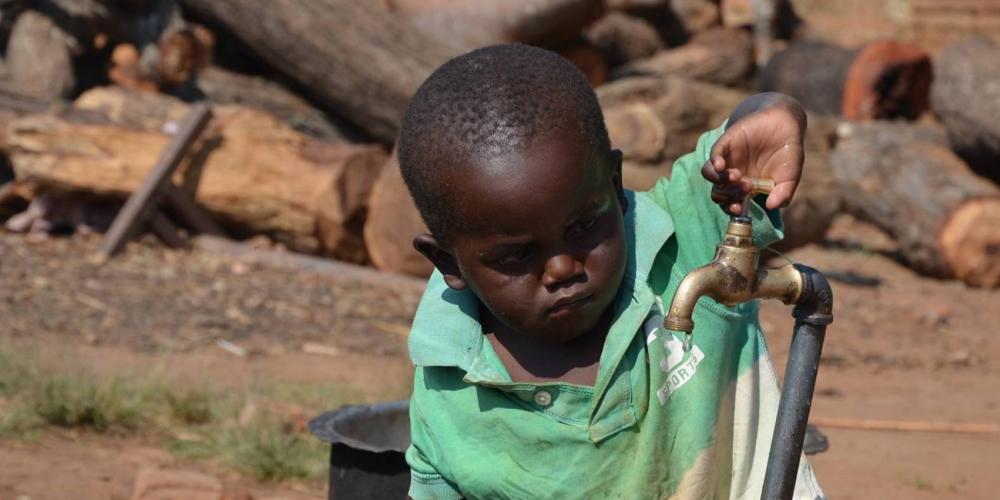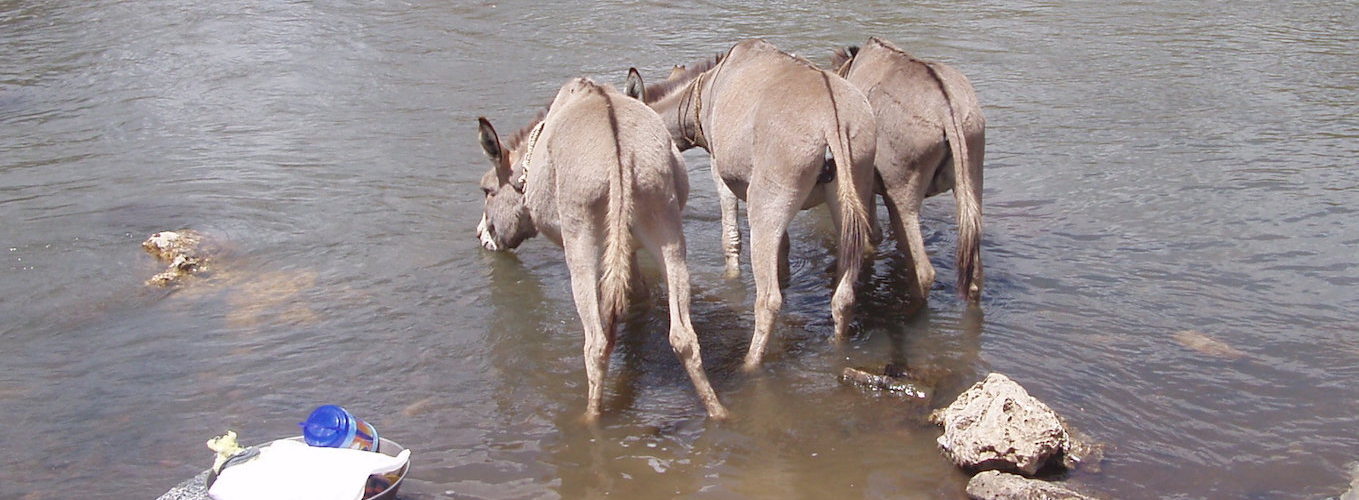
Despite the progress made in water delivery, numerous countries will face increasing challenges to their water resources in the future due to climate change, population increase, demands from competing water uses and environmental degradation. These challenges will be particularly acute where demand has already exceeded the renewable resource. Demand management, water use efficiency and low carbon power sources all form part of the wider picture that should be considered.
Our experience has shown repeatedly that the technical input provided by a suitably trained and experienced hydrogeologist can lead to excellent project outcomes; targeted technical input at the right time in the lifecycle of a project results in successful project delivery. This results in cost-savings and greater effectiveness of inputs. For example, drilling success rates will generally increase significantly if appropriate assessment is undertaken prior to commencement; the avoidance of drilling ‘dry’ boreholes would greatly outweigh the relatively small cost of undertaking appropriate assessment, as well as demonstrating best-practice on behalf of the NGO.
We believe in supporting local hydrogeologists, where this is appropriate, rather than parachuting in an expert from outside the country; technical support can be provided remotely which can often be more cost-effective for an NGO with a limited budget, or where access is difficult.
The services which Hafren Water provide include borehole design, siting and rehabilitation, water quality, resource evaluation, data management, GIS and mapping, technical auditing of projects and training.

We work at a range of scales from the siting of individual boreholes, for example, to staff placements within large, multi-disciplinary teams working on development projects funded by international organisations, such as the World Bank and the European Union. Two large-scale examples of the latter input include a water resource and development project in Kiribati in the south Pacific and a groundwater mapping project in Uganda intended to improve future water resource development.
Our in-country experience has largely been in Africa and the Middle East including Oman, Libya, Malawi, Ethiopia, Uganda, Kenya, Burkina Faso, Ghana, Tanzania and Nigeria. Familiarity with issues we have encountered in these countries means that our experience is readily transferable to other areas.







